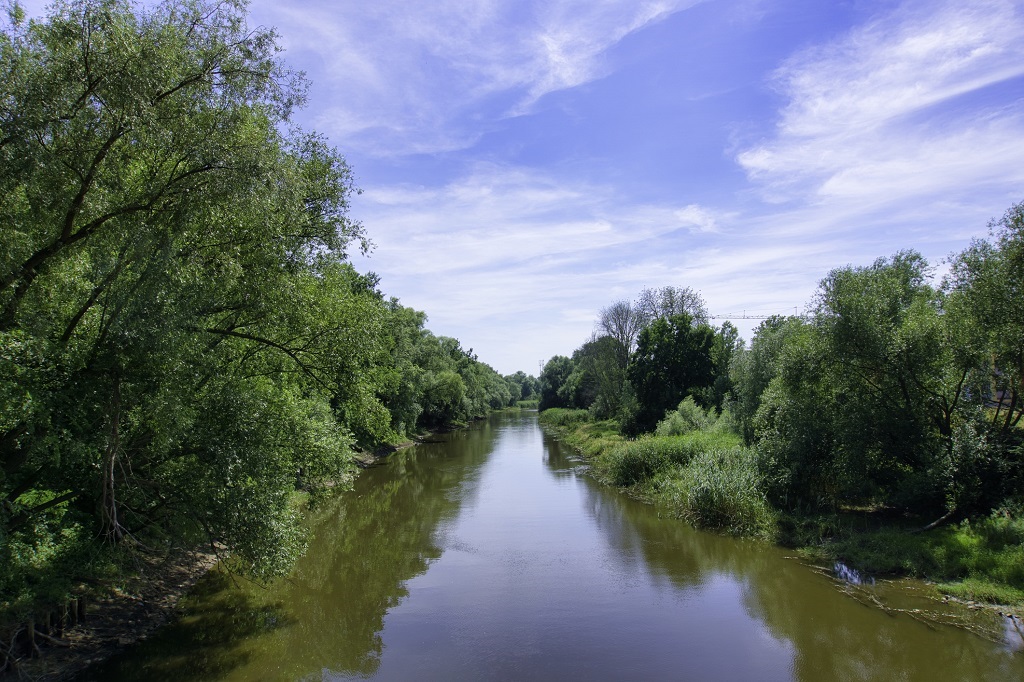
- Environmentalists have slammed a controversial law passed in Poland to revitalise the Oder river.
- Greenpeace said the new law lacked public consultation before being passed and would not protect the Oder.
- The Oder river was hit by toxic algae growth last year that caused mass fish deaths.
- For climate change news and analysis, go to News24 Climate Future.
Environmentalists on Friday slammed the passing of a controversial law in Poland on the revitalisation of the Oder river, which was hit by toxic algae growth last year that caused mass fish deaths.
A toxic algae bloom hit the river on the Polish border with Germany last summer, with at least 300 tonnes of dead fish pulled from the water as tensions spiked between the two countries.
In response to the environmental disaster, Warsaw passed a new law Thursday evening which includes provision for new water treatment plants, and is intended to put more stringent requirements on industrial sites.
READ | Germany says mass fish deaths in Oder river a 'man-made disaster'
But Greenpeace said the government had "ignored the voice of the public and scientists" in passing the law, in a statement on the social media site X, formerly known as Twitter.
They criticised what they said was a lack of consultation and said that the bill will "not protect the Oder" and will continue to be polluted.
The World Wildlife Fund (WWF) had previously criticised the bill for focusing on "further regulation of the Oder (and other rivers), which will further destroy the ecosystem and its ability to clean itself."
The law allows the building of new infrastructure including the modernisation of sewer systems and constructing new water treatment plants, estimated to cost some 9.5 billion zlotys ($2.3 billion).
The new law also forces large industrial sites, such as mines, to invest in systems to reduce saltwater discharges.
The toxic algae growth was sparked by the introduction of high levels of salt into the waters, according to the German environment ministry, which said that there was a "lack of available information" on the cause.
Poland also blamed toxic algae for the mass fish deaths, but said the disaster had most likely been caused by poor water quality as a result of high temperatures and very low water levels.
Polish and German authorities on either side of the river have said they are determined to stop future disasters happening, but have clashed over responsibility and the best way to keep the algae in check.




 Publications
Publications
 Partners
Partners












